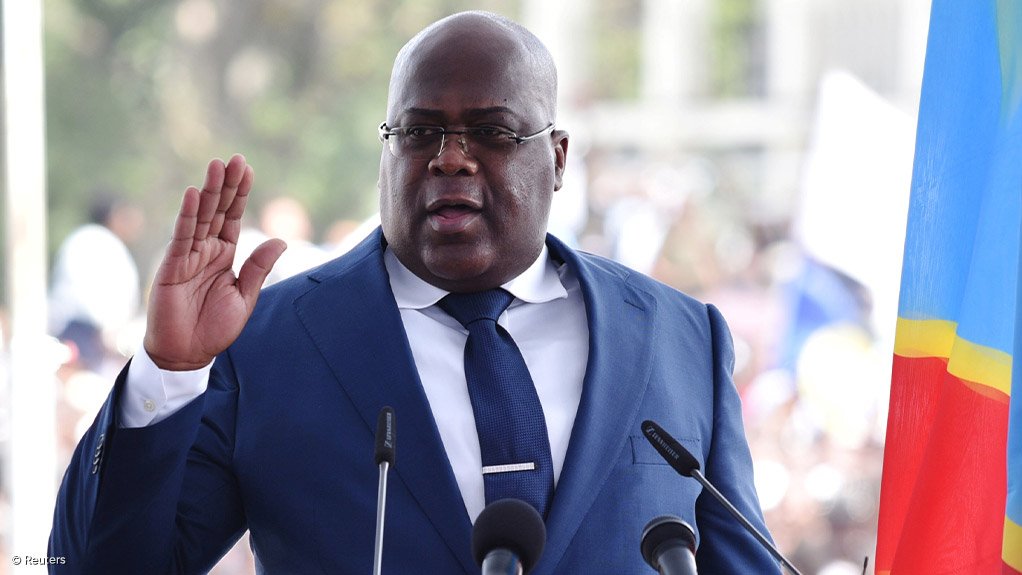Voters in Democratic Republic of Congo took part in a general election on Wednesday after a chaotic campaign marred by opposition allegations of impending fraud, electoral violence, and logistical setbacks that could prevent many from voting.
In Bunia, in the restive eastern Congo, local resident Serges Mukanirwa was the first to cast a vote. In several towns in the region, and in the capital, Kinshasa, the process kicked off with delays as election kits had not arrived at some polling stations.
In Goma and Beni, in eastern Congo, some voters struggled to find their names on voter lists, which were only made available at their polling stations on Wednesday morning, according to Reuters witnesses.
"The last (election) wasn't like this. We could find our names following an alphabetical order. But this time trying to verify your name is a headache for some of us who did not study. If we don't get any help, we'll go home," resident Kahindo Katsotyo said in frustration.
For months, the CENI election commission has insisted it would deliver a free and fair vote as promised across Africa's second-largest country, even as independent observers and critics flag irregularities they say will jeopardise the legitimacy of the results.
About 44-million Congolese are registered to take part in the presidential, legislative, and regional vote. As voting day neared, the authorities sought extra helicopters, raising concerns about the CENI's ability to open polling stations in areas otherwise unreachable due to bad roads or deep insecurity.
President Felix Tshisekedi is competing against about two dozen opposition challengers in the hope of a second term running the mineral-rich yet poverty-stricken nation.
"I have asked you to give me strength to continue the work that we have started," Tshisekedi said in his final rally on Monday, promising to expand a free education policy if elected.
Opposition candidates have wooed voters with pledges to bring stability, peace, and the economic development they say was absent from Tshisekedi's first term.
They and religious and civil society electoral observers have sounded the alarm about electoral transparency, highlighting issues including with the voter list and illegible ID cards.
"It is evident that the greatest electoral fraud of the century is taking place," Nobel Laureate and opposition candidate Denis Mukwege said on Monday. The CENI has repeatedly rejected the opposition's allegations of fraud.
The election will be decided in a single round, requiring a simple majority of the vote to win.
At stake is not just the legitimacy of the next administration. Congolese election disputes often spark violent unrest with potentially far-reaching consequences. Congo is the world's third largest copper producer, and the top producer of cobalt, a battery component needed for the green transition.
The final run-up to the vote has been particularly fraught.
Two parliamentary candidates were killed in separate incidents on December 15 - part of a spate of election-related violence condemned by human rights groups and the European Union.
Ahead of election day in Kinshasa, some locals were not convinced their vote would count. "Every time we vote, we are disappointed, but if I had to vote, it would be for a change," said 43-year-old Lucie Mpiana, who is unemployed.
Polls open at 0400 GMT and close at 1600 GMT with full provisional results expected by December 31.
EMAIL THIS ARTICLE SAVE THIS ARTICLE
To subscribe email subscriptions@creamermedia.co.za or click here
To advertise email advertising@creamermedia.co.za or click here











